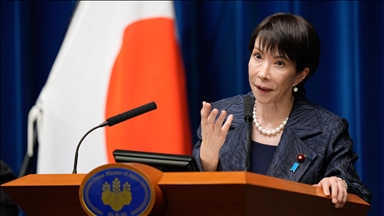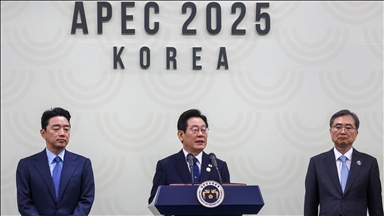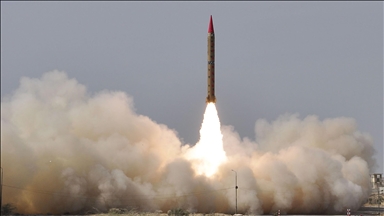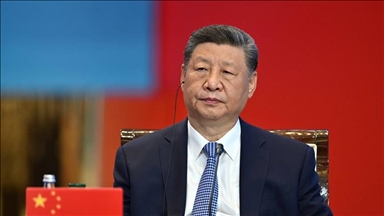Japanese history textbooks come under fire
New textbooks taking uncompromising view of Tokyo’s proclaimed ownership of two islands protested by Beijing and Seoul
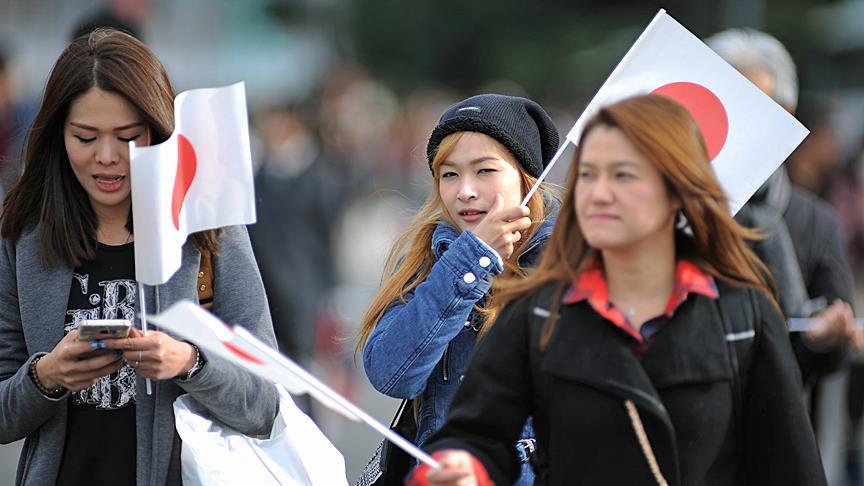
By Todd Crowell
TOKYO
China and South Korea have both officially protested new history textbooks that emphasize Japan’s control over disputed islands -- yet another irritant in Tokyo’s relations with its near neighbors.
The new textbooks designated for first- and second-year high school students, which were approved March 18, take an uncompromising view of Japan’s proclaimed ownership of two islands also claimed by Beijing and Seoul.
These are the Dokdo -- known by the Japanese as Takeshima -- in the middle of the Sea of Japan (which Korea refers to as the East Sea); and the Senkaku in the East China Sea whose occupation by Japan is disputed by China.
“We strongly deplore the fact that the Japanese government approved high school history texts that embody a distorted perspective of history, including inappropriate claims to the Dokdo islands,” said a Korean Foreign Ministry spokesman.
Meanwhile, Beijing made what it termed a “stern representation” to the Japanese embassy over the books.
“Words cannot change the reality that the Daioyu belong to China,” an official stated, calling the Senkaku by their Chinese name.
The Ministry of Education’s new textbook guidelines both expand the amount of space devoted to the subject -- by around 60 percent, according to some sources.
They also make clear Japan’s view that it incorporated the islands based on international norms.
Otherwise, said the education ministry, the students might get the impression that Japan has a territorial dispute with Korea and China over ownership of the islands -- a notion that would contradict Tokyo’s official position that no dispute exists.
Earlier Japanese texts either ignored the territorial issue or glossed over it using terms such as “disputed”.
The newest complaint is just another sign of increasing tensions among the three big East Asian nations.
The new textbook slant can be traced back to 2013 when South Korea’s then President Lee Myung-bak made a controversial landing on the Dokdo, very much upsetting Tokyo.
South Korea annexed the Dokdo islands in 1954 and has since maintained a small garrison on the islands.
The Senkaku are unoccupied, while Japan and China assert their positions mainly with coast guard patrols.
Curiously, Seoul did not protest the new books’ portrayal of “comfort women”, conscripted into Imperial Army brothels, even though they reflect the conservative view that the Japanese army was not directly complicit in recruiting the women.
That may reflect the agreement between the two counties a few months ago not to let the comfort woman issue dominate their bipartisan relationship.
Textbook controversies have a long history in Northeast Asia.
They represent differing views stemming from World War II and Japan’s occupation of Korea on such subjects as the number of innocent people killed in the Nanjing Massacre, among others.
"Therefore, many well-known global media, publishers, and government offices use 'East Sea’ in parallel with ‘Sea of Japan’."





